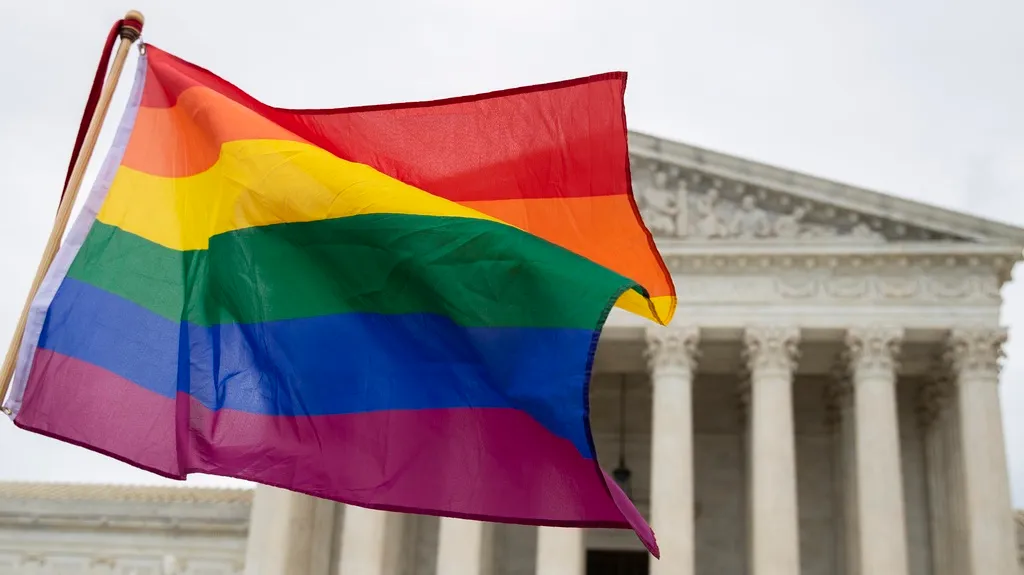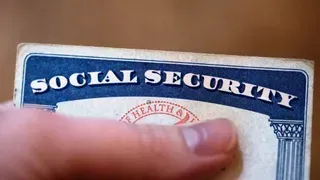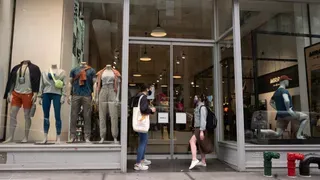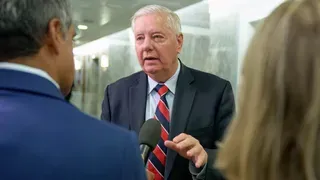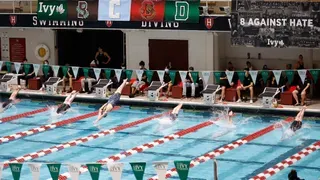January 10, 2015
Paris Attack Rallies Islamic Extremists, May Boost Support
Jason St. Amand READ TIME: 4 MIN.
The militant chatter spread like wildfire. Within minutes of news breaking about the deadly terror attack on a Paris newspaper this week, supporters of extremist Islamic groups extolled the suspects in the massacre as "lions of the caliphate" and praised the killings on social media.
Loyalists of al-Qaida and the Islamic State group alike described the assault on Charlie Hebdo's offices that killed 12 people as revenge for the French satirical publication's mockery of Islam's Prophet Muhammad and France's military involvement in Muslim countries.
Brothers Cherif and Said Kouachi became icons in the terror-sphere.
Many militant supporters organized under the Arabic hashtag #Parisattack and #Parisisburning, with some calling the newspaper assault a holy attack by the "lions of the Khalifa,"or caliphate.
Over and over, Twitter users who identified with the Islamic State group or al-Qaida posted pictures and videos of a black-clad gunman - presumably one of the brothers - shooting a French policeman in the head as he lay on a Paris sidewalk before fleeing the scene in a getaway car.
"Watch how a brother kills a French policeman," some wrote. Others described the slaughter at Charlie Hebdo as a "heroic" and "joyous" event.
The Kouachi brothers' military-style assault - and their death as "martyrs" in a hail of bullets on Friday after police raided the building where they had holed up with a hostage north of Paris - undoubtedly resonates with extremists' repeated calls for attacks in France, echoing chilling images from their slick propaganda videos.
Though it is impossible to gauge in any tangible way the effect the attack will have on recruitment by extremist groups - and there is no evidence so far that it is mobilizing large numbers of would-be jihadis - experts believe the perceived professionalism of the brothers' assault and their subsequent showdown with police could rally more supporters to militant ranks.
"It is that quality to such operations that helps recruitment," said Aymenn al-Tamimi, a U.K-based expert on Syrian and Iraqi militant groups. The obviously well-planned attack in the heart of Paris serves "as an example to would-be operatives," he said.
On Friday, after the Kouachi brothers were killed, a member of al-Qaida in the Arabian Peninsula - the militant group's Yemen-based affiliate - confirmed to The Associated Press that it had coordinated the Paris attack. Speaking on condition of anonymity, the member told the AP that the group's leadership, "directed the operations and they have chosen their target carefully."
Both al-Qaida and the Islamic State group potentially stand to benefit from the bloodshed.
For IS militants, it is a welcome "success" in global jihad, or holy war, as they struggle to maintain momentum in the face of U.S.-led airstrikes targeting their positions in Syria and Iraq, where the Islamic State group seized large swaths of territory last year, declaring an Islamic caliphate and imposing their own radical version of Islamic law, or Sharia.
For al-Qaida, the attack can serve to demonstrate that the group is still relevant and able to strike in the heart of Western civilization, more than a decade after the Sept. 11 attacks on United States.
Yemeni officials say they suspect that the 34-year-old Said Kouachi fought for al-Qaida in Yemen at the height of the group's offensive in the country's south two years ago. His 32-year-old brother, Cherif Kouachi, was convicted of terrorism charges in 2008 for ties to a network sending jihadis to fight U.S. forces in Iraq.
Prior to al-Qaida's claim of responsibility, as the jihadi community debated online whether one of the rival militant organizations played a role in the attacks, the propaganda machine for both groups went into top gear.
Islamic State affiliates on Twitter redistributed a November video released by the group's al-Hayat media center in which three French fighters called for lone wolf attacks in France, attempting to show that their message was responsible for the attack.
One jihadi compiled footage from videos of the Paris attack and turned them into a 2-minute collage promoting holy war and described the attack as "revenge for Allah and His Messenger" in the style of "Clanging of the Swords" - an IS propaganda video series.
Both al-Qaida and IS rely on Hollywood-style film clips and a slick propaganda campaign to boost their credibility among disaffected but plugged-in young Muslims to help them promote their conquests, inspire sympathizers and attract new recruits.
The sight of a wounded French policeman being shot to death on a sidewalk is precisely the message such groups are eager to perpetrate and adopt.
"The group recognized quickly that the (Paris) attack fits with its message of encouraging independent attacks in the West," said Shashank Joshi, a senior research fellow at Royal United Services Institute, a British think tank.
But he cautioned that attacks on civilians - including journalists and cartoonists - can end up alienating sympathizers. "Whilst you may reinforce and excite those who are already radicalized ... there's also the risk that you turn away many people who would sympathize with you if you opted for more legitimate targets," he said.
A fighter with the Islamic State group in Syria, contacted over Skype on Friday before al-Qaida's claim of responsibility, cast the attack as a moral and propaganda victory for all global jihadis no matter who was responsible.
"But know that if the (Islamic) State did it, it would not hide this joyous matter from all the Muslims," said the man, who uses the name Abu Bilal al-Homsy.
